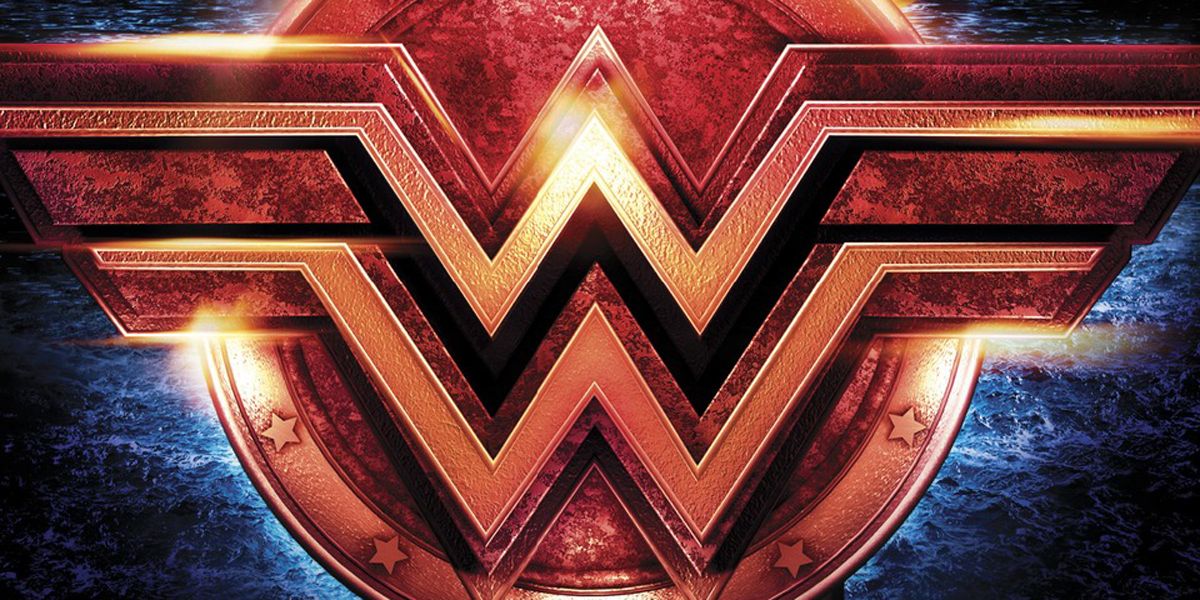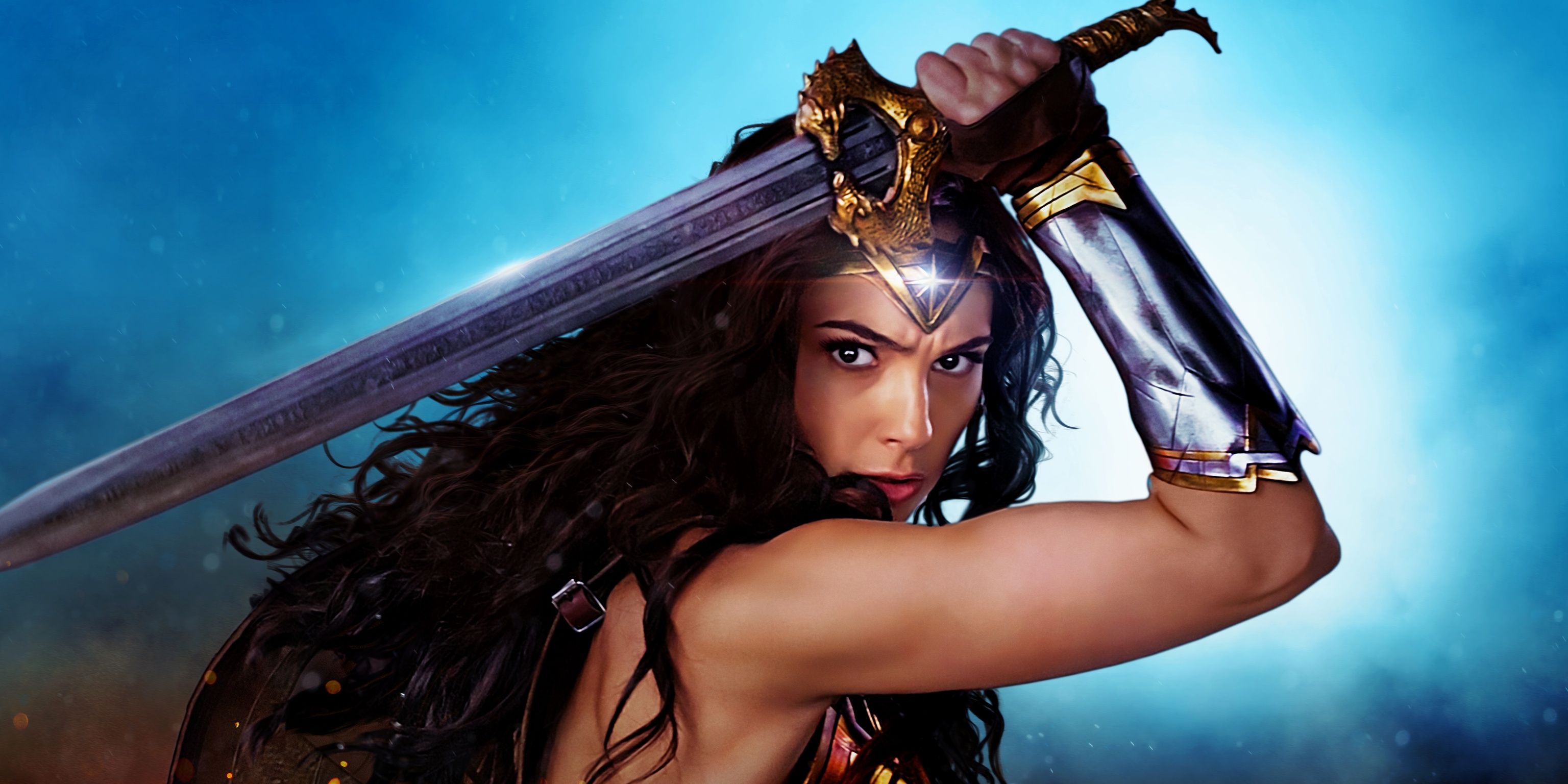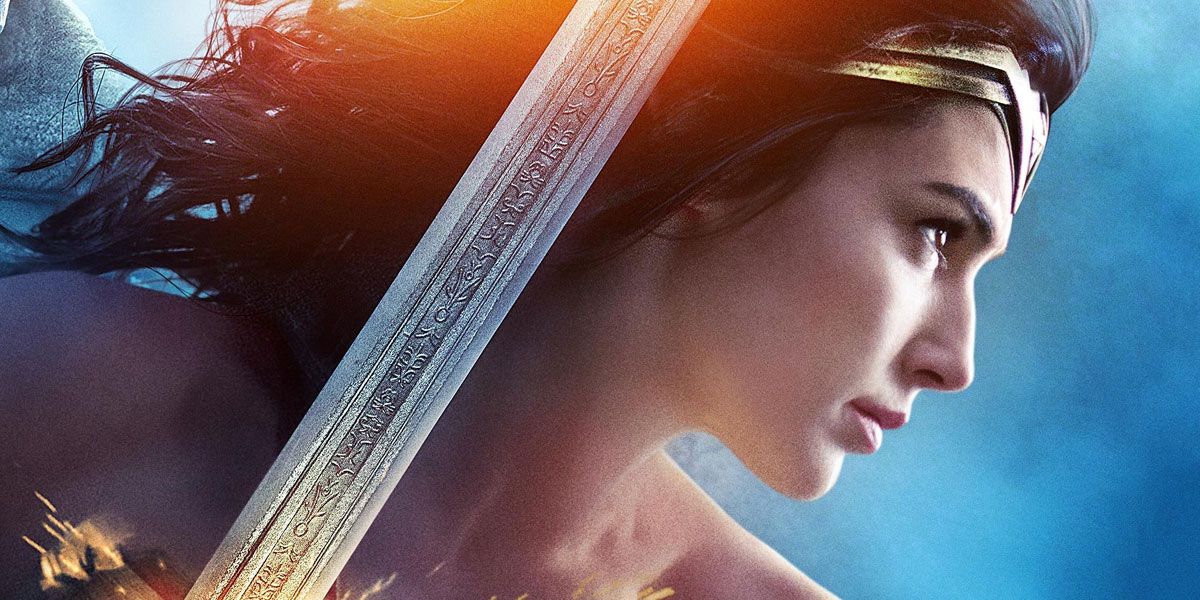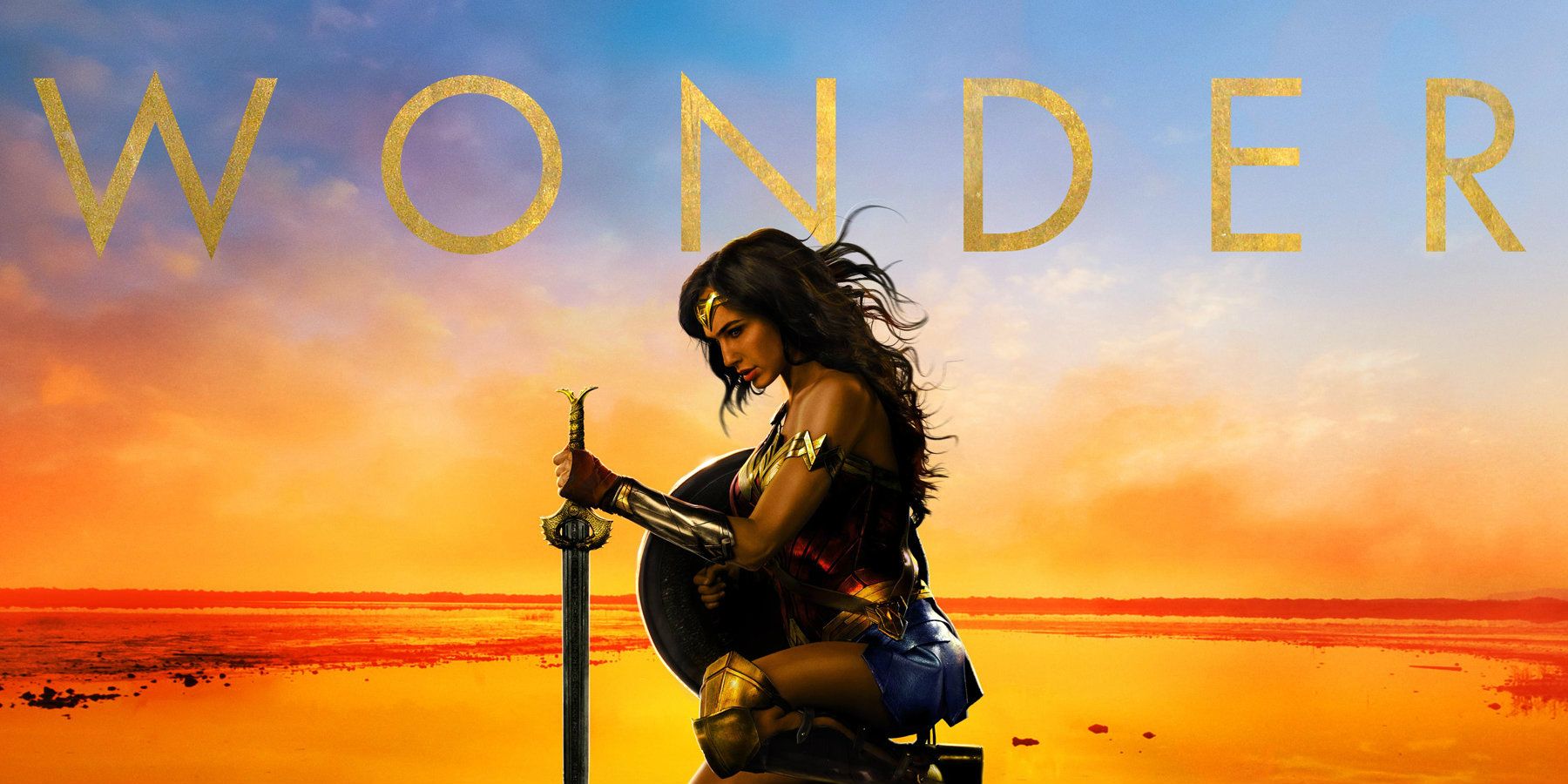There's been a lot of talk about Wonder Woman lately, and at this point there's really no need to bemoan topics that are, quite simply, just facts. Facts like how Wonder Woman has defied all expectations at the box office to be well on its way to being the summer's biggest earner. How it's already Warner Bros.' third highest grossing film of all time, or how, as it pushed past Marvel's Guardians of the Galaxy Vol. 2 to join Disney's Beauty and the Beast as one of the top two earning domestic films of the year -- both of which just happen to be female-led.
RELATED: Wonder Woman Has the Best Superhero Box Office Holding in 15 Years
These are all fun facts, but there's even more to be gleaned from Wonder Woman's success, lessons that point toward the evolution of Hollywood's idea of target audiences and how execs will make future creative decisions, not to mention how the film will affect the future of the DCEU and, more broadly, all superhero movies.
No More Audience-As-Usual
One of the more interesting "facts" to come out of the heavy analysis being performed on Wonder Woman at the moment is the dissection of its audience. First, there's the intriguing anomaly that this is the first superhero tentpole film to reach parity between its male and female audience members. Typically, superhero film audiences are dominated by male moviegoers; the fact that Wonder Woman matched female viewers to male ones over it's first three weeks is a big deal. The number of aged 50+ female audience members also went up over the film's first few weeks by more than 20% than is typical for this type of film.
While this info points to successful female-led initiatives and word-of-mouth promotion, what it really tells us is that women will prioritize the content that compels them. Women have buying power on par with men when it comes to tentpole films, and it looks like, when targeted correctly, they will use said power.
RELATED: Wonder Woman Sequel Could Head to the ‘80s, See Chris Pine’s Return
So what are women looking for in movies? Well, it's not rocket science; women have been asking for better representation in Hollywood for years. After Wonder Woman came out, women reported in droves that they found themselves crying through the action sequences. It's really not that strange a phenomena if you consider that watching women star in and lead heavy action sequences and perform in all-female training montages is a totally new experience. Like any male audience member, women want to see themselves reflected on screen along with watching inspirational figures like Diana of Themyscira, and when given such options they are more than willing to pay to see them.
Patty Jenkins recently said it best at the Forbes Women's Summit in New York, “The market is there, and the money is there. As long as you’re obsessed with young male audiences and you’re writing stories with men and directing them with men, nothing will change. The world is changing, so if Hollywood wants to get rich, pay attention to this: Women are our biggest audience in the world right now. It would be wise to go after them."
A Studio Shift
Among the more annoying talking points that sprung up during Wonder Woman's production was the insinuation that Patty Jenkins was a financial gamble for Warner Bros. This sentiment was birthed from the unscientific notion that Jenkins' previous film budgets and box office returns were predictors of her potential to bring in big money. This is, of course, a preposterous way to predict a director's potential.
For one, if budget-to-income ratios are considered, Jenkins has actually done quite well over her career. Then there's the fact that many, many male directors have been given huge budgets after having previously worked with tiny indie budgets. These "fears" are all abundantly moot now that Jenkins' film has filled Warner Bros.' bank accounts. Hollywood has no excuses not to hire more female directors, and Jenkins' success only keeps that discussion top of mind as studios making hiring decisions.
RELATED: Wonder Woman Arrived At A Perfect Time, Patty Jenkins Says
In that same vein, Hollywood now has to throw out another oft-used excuse for failure: Female-led films tend to flop at the box office. Wonder Woman has not become the monumental hit it is merely because Gal Gadot stars in it. The truth is, the film appeals to audiences for the very basic reason that it's a good movie. It's well-written, well-cast, well-acted, well-edited, well-directed and, well, wonderful as a result of all of that. Hollywood needs to face up to its creativity issues and ask the hard questions about why content works and doesn't work. Studios needsto put aside their lazy tendencies to stick cookie-cutter scripts into the green-lit pile and start looking for originality.
It took 75 years to get Wonder Woman to the big screen despite fans' consistent insistence they wanted to see her there. The film's success should mean creative decisions start being made based on what audiences truly want...and that means audience members of all ages and genders.
Major Changes For The DCEU...And All Future Superhero Movies
Wonder Women hasn't killed at the box office due to walking the well-tread path of previous superhero films. With both Marvel Studios and Warner Bros. stockpiling superhero comic book-based films, there are plenty of movies to compare Wonder Woman to, and the differences couldn't be more obvious. Studios are guilty of falling into their own traps and getting stuck in their own ruts in attempts to recreate earlier successes. However, Jenkins clearly approached Wonder Woman with fresh eyes and attempted to focus on the merits of the superhero(ine) she had on hand.
RELATED: Wonder Woman: Patty Jenkins Would Not Have Cast Gal Gadot
Wonder Woman's hero is compassionate and driven by empathy. She's genuinely fueled by her concern for humanity and her own sense of responsibility to use the abilities given to her in a way that benefits all of mankind. She may be naive, but this only makes her selflessness more apparent. She embraces her human side, whereas someone like the DCEU's Superman always seems to retain his sense of otherness with a side order of superiority complex. She isn't motivated by revenge, like Batman and a dozen other heroes, even though she's experienced heartache at the hand of humans. Even the film's action, something found in every superhero film, connects more with viewers because its fueled by Diana's values, not a sense of machismo or petty anger.
What all of this means for the future of DCEU movies is that, for one, solo films should be getting the insular story lines they deserve and less of the Marvel-like tendency to build worlds and establish connections. While The Justice League is the next major DCEU film and is obviously an ensemble piece, the good news is that Wonder Woman is a part of said ensemble. If Warner Bros. and its directors can approach the upcoming Aquaman, Cyborg, and The Flash movies with the same intimacy and originality Jenkins did with Wonder Woman, they may be able to garner even more interest in further Justice League films.
Where Wonder Woman's influence will be most exciting to see exhibited is in Joss Whedon's planned Batgirl film. Whedon, obviously no stranger to directing female-led action entities, will face similar challenges to those Jenkins tackled in that Batgirl has many iterations and storylines. Though he plans to focus on the character's New 52 incarnation, Whedon's task will still be to get at the heart of why fans love Batgirl. In a post-Wonder Woman DCEU, individuality matters. Motivation matters, and compelling, fully-formed plot lines are essential.
While Wonder Woman's success could be a new lease on the superhero world for Warner Bros., other studios should be taking notes as well. Marvel has its own problems, all of which grow more and more obvious with every release. The future of superhero films could, and should, shift with Wonder Woman's approach. It's not enough to have superheroes who impress with their powers and backstories -- they need to be engaged in plots that resonate emotionally, showcase their more subtle personality traits, and feature obstacles worth fighting for.
Wonder Woman's success could mean critical changes to a number of key industry and creativity procedures moving forward. If the voices of the fans haven't been loud enough, the cha-ching at the bank certainly is. Studios have been phoning in creativity and placing blame for their failures for a while now and a certain Amazonian demigoddess has officially come to kick them into shape.




